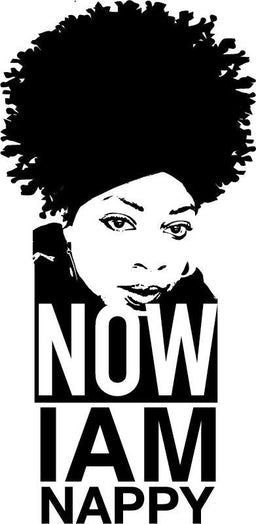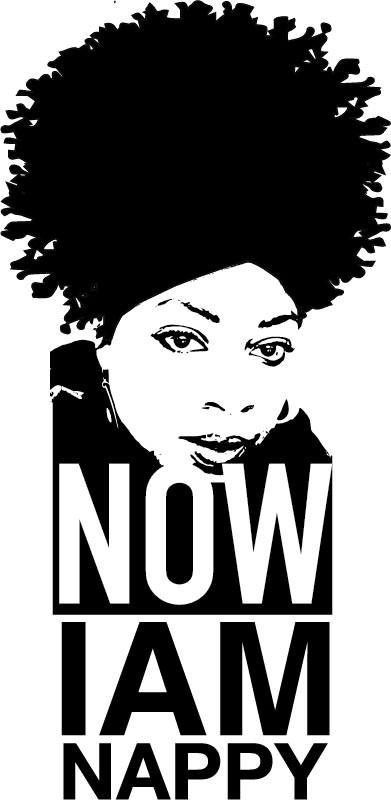
In the past few years, activated charcoal has become all the rage. Recently, charcoal mask videos went viral on Facebook and Instagram of people painfully ripping charcoal masks off their face. The beauty industry picked up on this charcoal trend and created charcoal toothpaste, skin care products and yes, even hair products. But, is activated charcoal worth all the hype?
What is Activated Charcoal?

Activated Charcoal sometimes called activated carbon is created by superheating natural sources of carbon, such as wood, coconut shells, peat or sawdust. The heating process activates the charcoal of previously absorbed molecules and frees up bonding sites again. This process makes the charcoal more porous (more holes) in each molecule, increasing its overall surface area making it extremely absorbent, allowing it to bind to molecules and positively charged ions like toxins or dirt.
Medicinal Uses
In medicine, activated charcoal is used mostly in cases of poisoning; large doses of charcoal bind to the poisons and safely remove from their body. Other uses for activated charcoal include improving kidney function, relieving intestinal gas and diarrhea, and as a water filtration system.
Hair Benefits
When activated charcoal is added to the hair or skin surface, it can draw out and absorb the dirt within the pores- having a deeper clean than most shampoos. It targets impurities at the root that can clog the hair follicle and cause scalp issues such as dandruff and dermatitis. Some of the major benefits many have noted from using activated charcoal include:
1. It’s a powerful detoxifier and rids the hair of chlorine (swimming pool), hard water buildup, and product buildup.
2. It adds volume to the hair by removing and cleansing all dirt and oils from pollution and products. Charcoal can absorb up to 1000 times its weight in impurities, this allows a fresh start for products to work more efficiently in your hair.
3. It has antibacterial and antimicrobial properties that help soothe the scalp, remove dandruff flakes, and hydrate the scalp to prevent dryness.
Extensive research on the effects of activated charcoal for hair and skin care are sufficiently lacking; however, one recent study in Indian is promising. In this study, activated charcoal was added to three herbal shampoos. The more charcoal added to the shampoos resulted in more dirt being removed from the hair. Additionally, higher levels of charcoal also resulted in a major reduction of microbes. Thus, the study concluded that activated charcoal could absorb and remove dirt as well as effectively remove and heal dandruff.
How to Use
DIY Shampoo One
1 tsp baking soda
1 cup warm water
¼ tsp activated charcoal
Mix the baking soda and the water together before adding the charcoal. Work the shampoo into your scalp and hair before rinsing.
DIY Shampoo 2
1 cup liquid castile soap
1 ½ tablespoon activated charcoal powder
¼ cup filtered or distilled water
In a mixing bowl, add liquid Castile soap followed by water. Stir and add in charcoal powder. Mix well. Make sure there are no lumps. Pour the mixture in a pump bottle and your charcoal shampoo is ready! You can also add in tea tree oil if you have dandruff or lavender oil for fragrance.
Charcoal Conditioner Review


